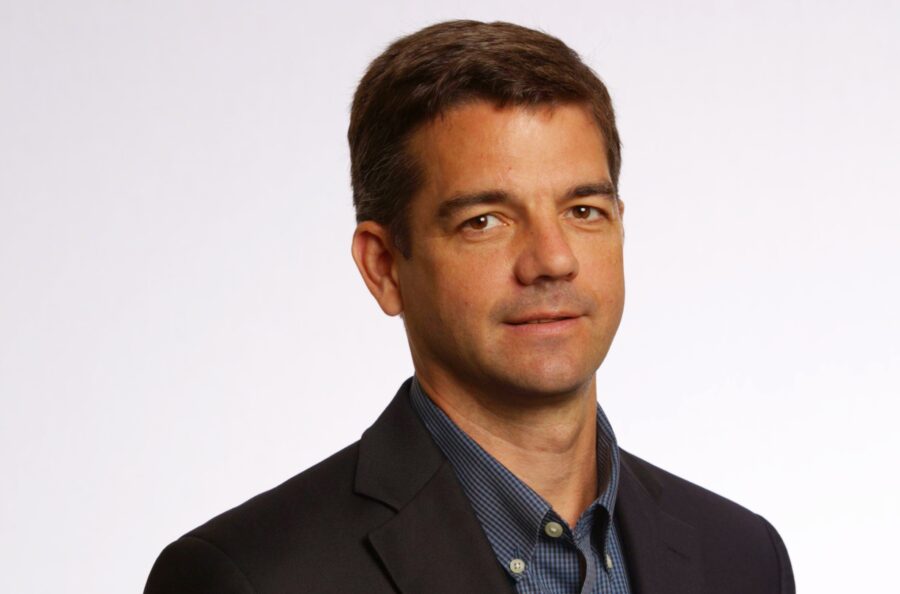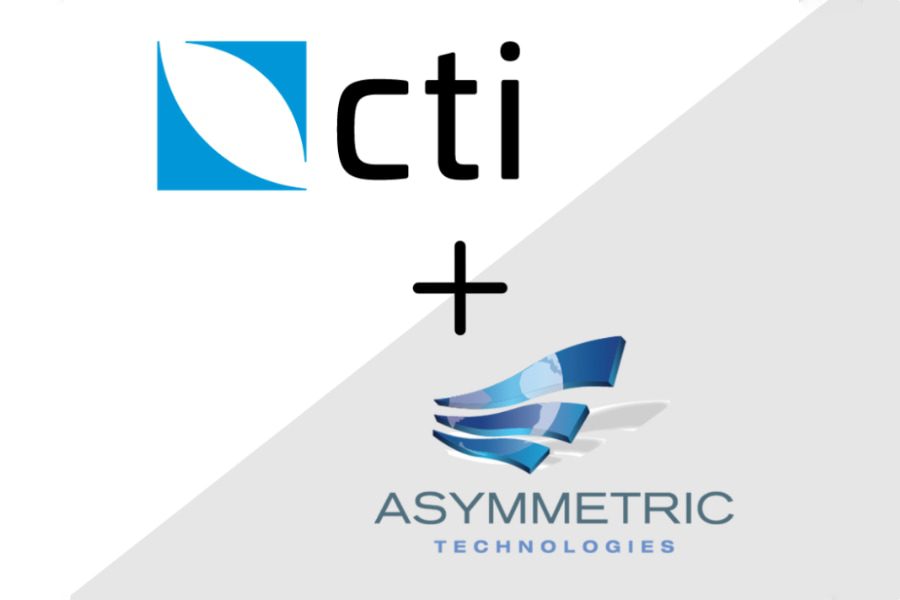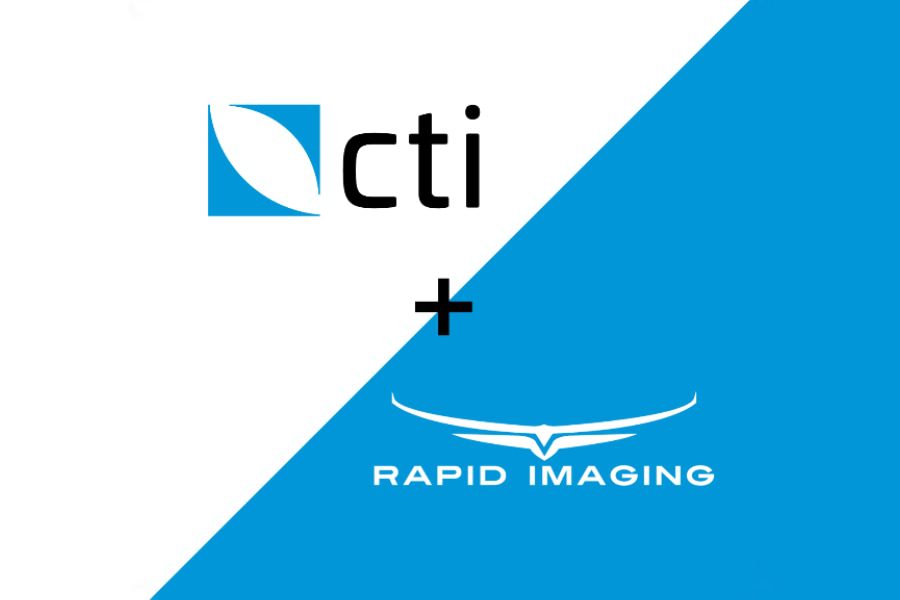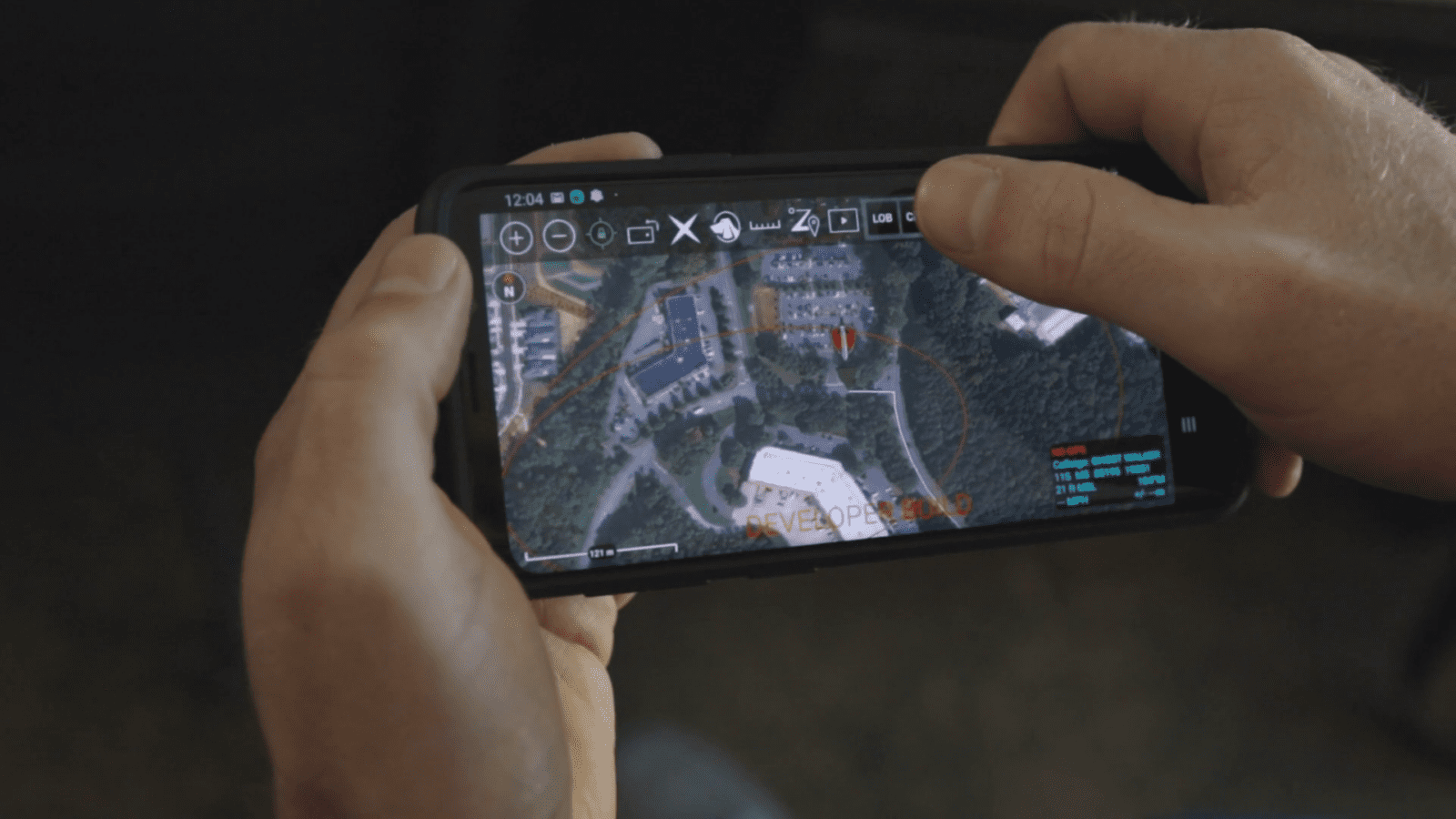CTI News
We regularly post major company news. See our latest news below.

CTI Welcomes Steve Kropac as Chief Technology Officer to Drive Innovation and Growth CALIFORNIA, MD., February 5, 2025 — Chesapeake Technology International, Corp. (CTI), a
- News

Acquisition marks CTI’s second investment to bring advanced solutions for DOD’s UAS requirements. MCLEAN, Va., March 28, 2024 — Chesapeake Technology International, Corp. (CTI), a
- News

Chesapeake Technology International, Inc. (CTI), a provider of high-end software and systems development products for the defense and intelligence communities, announced today that it has
- News

Government Open-Source Technology Solutions Let’s Work Together
SEE the invisible battlespace with situational awareness technology. Let’s start the conversation about getting the latest technologies into the hands of the warfighter.
